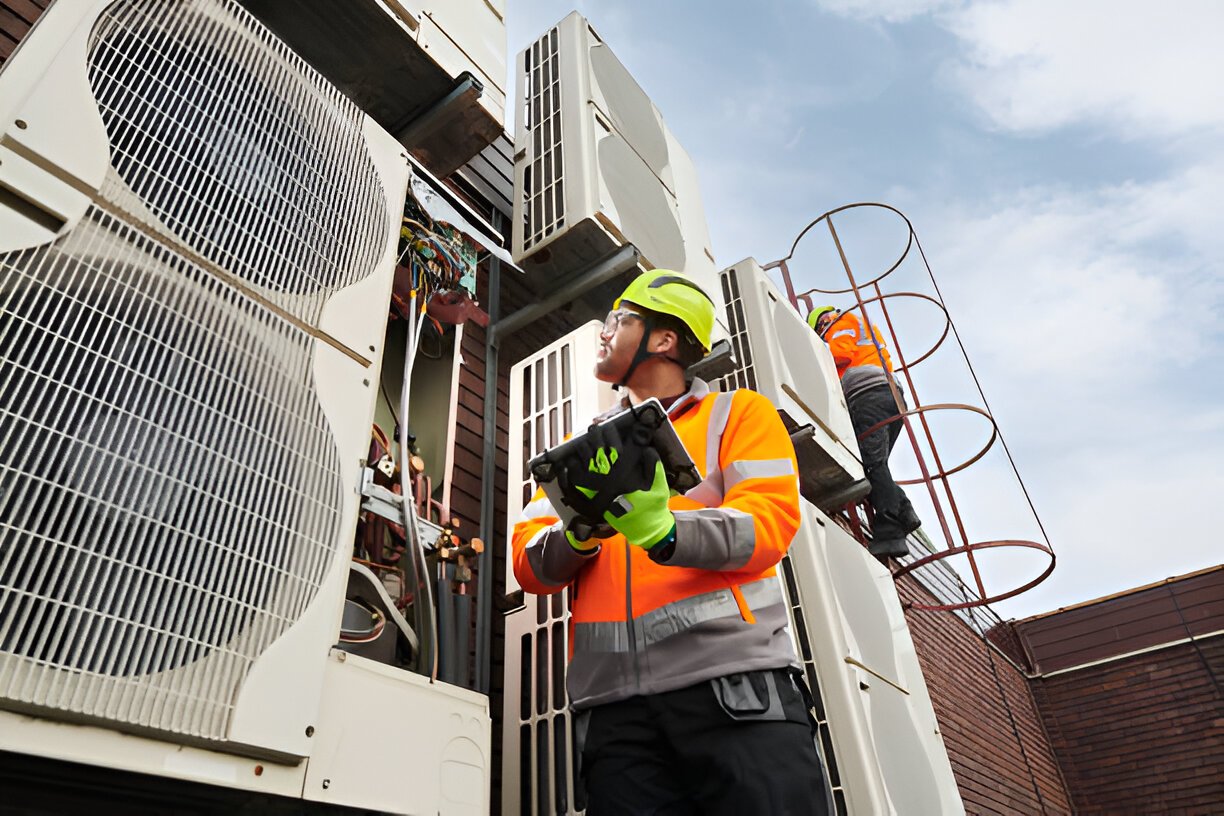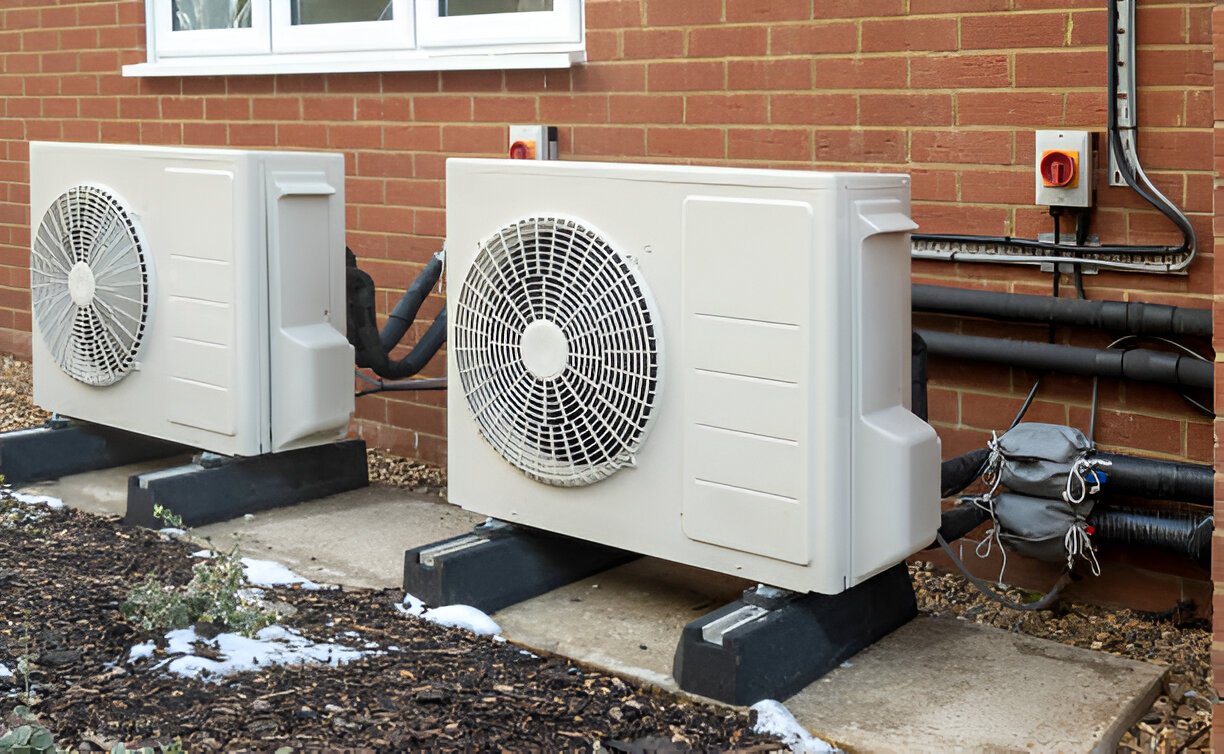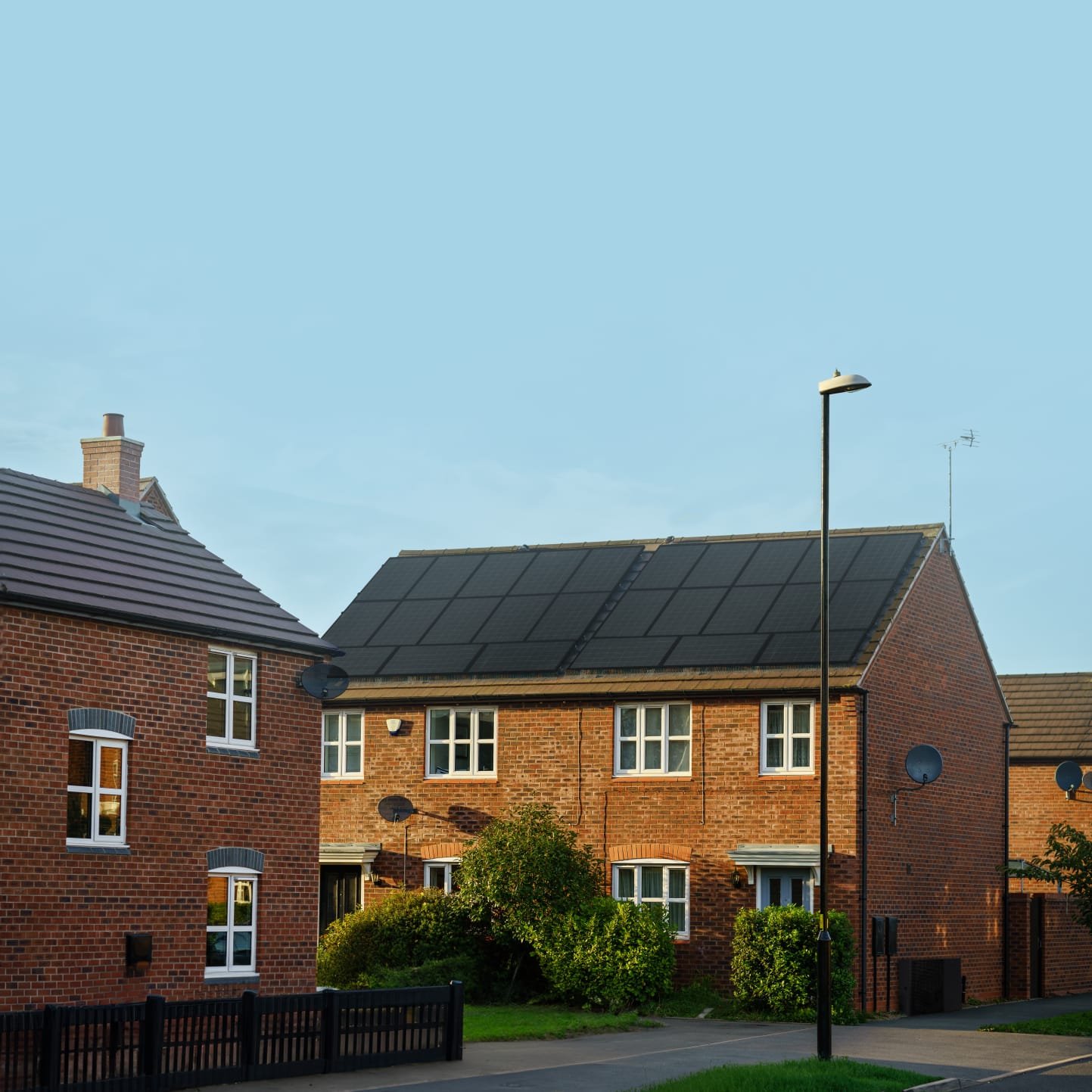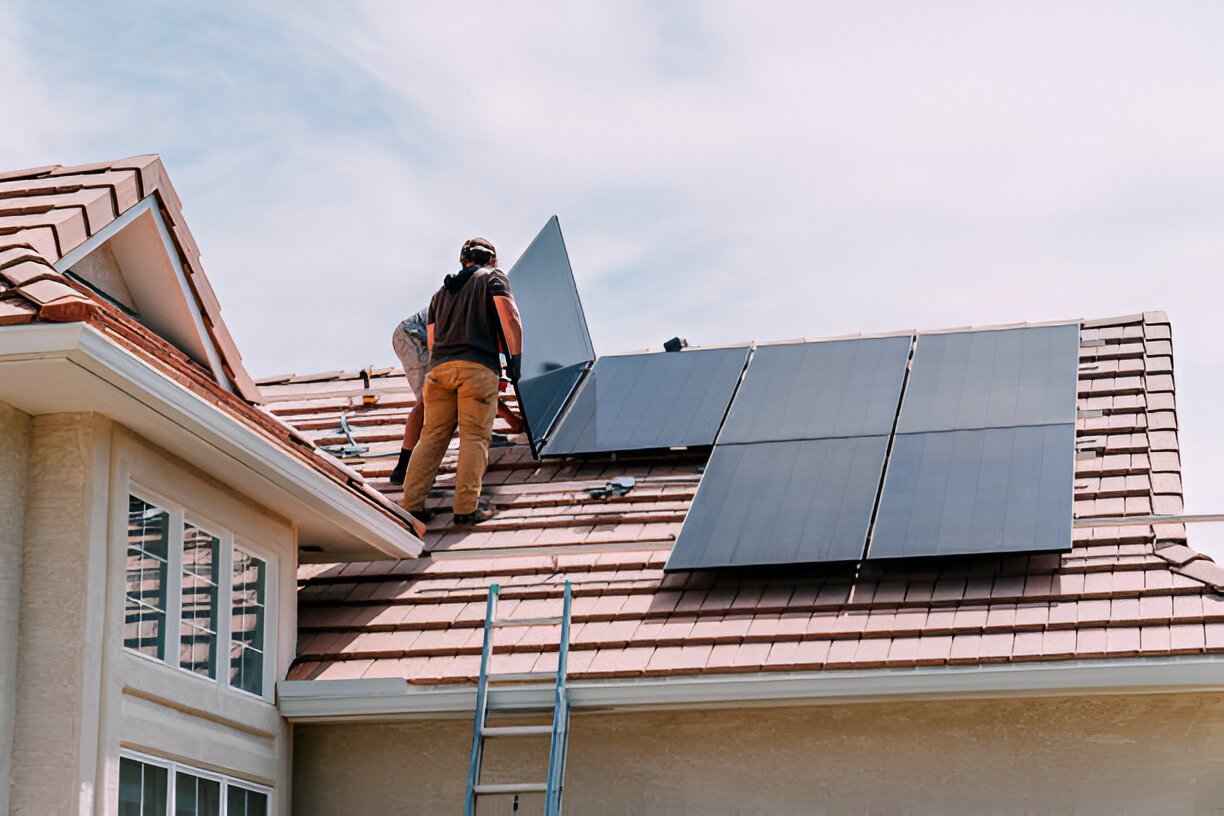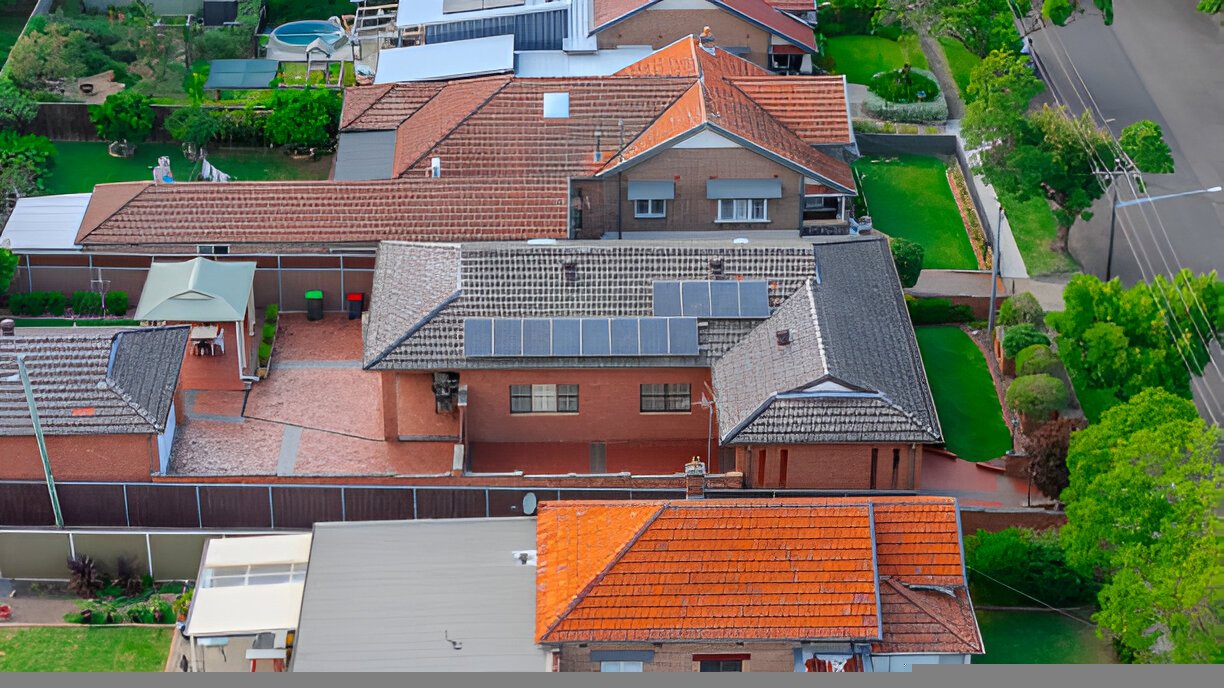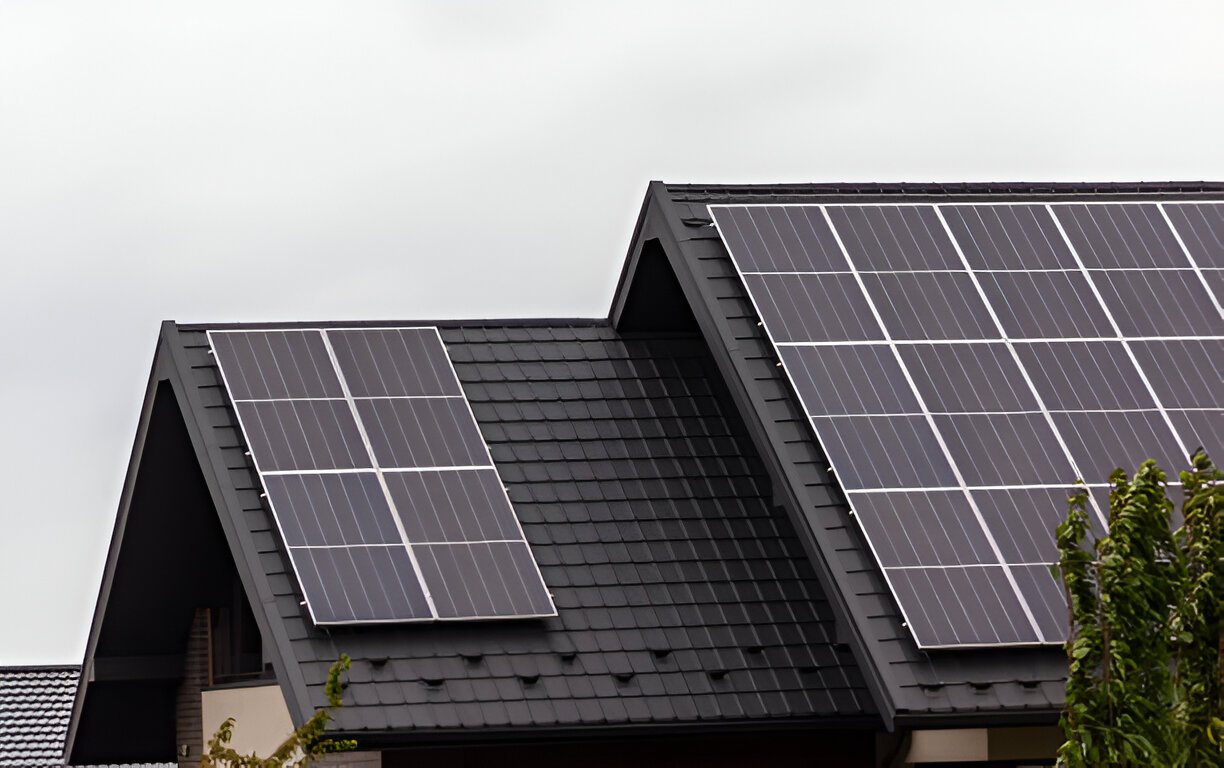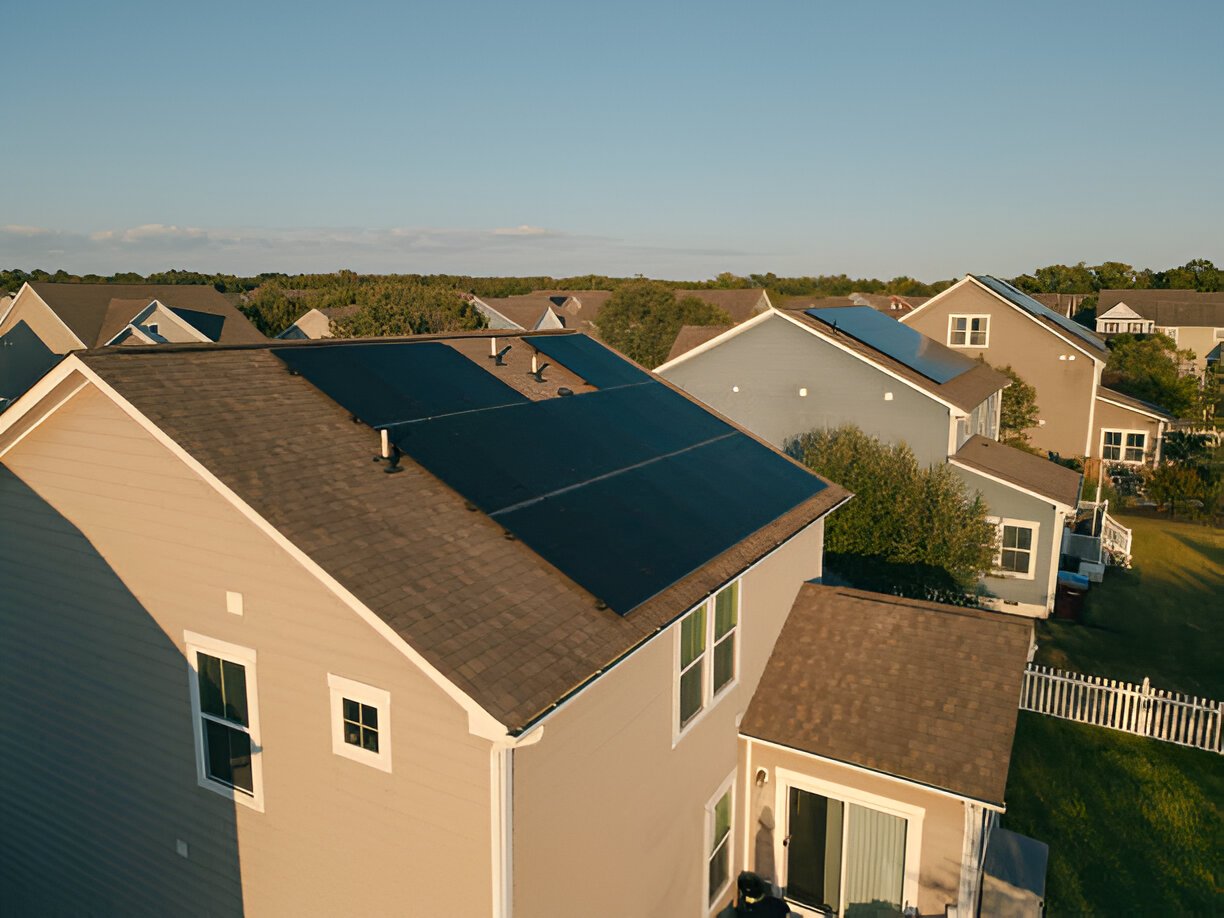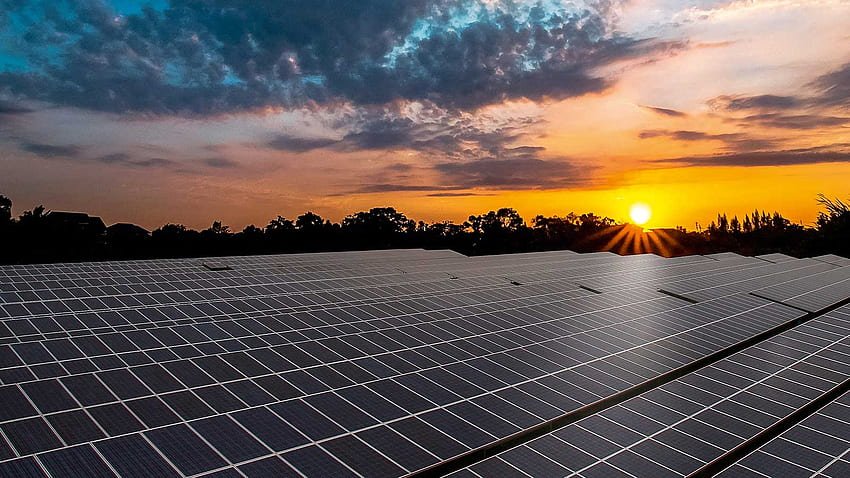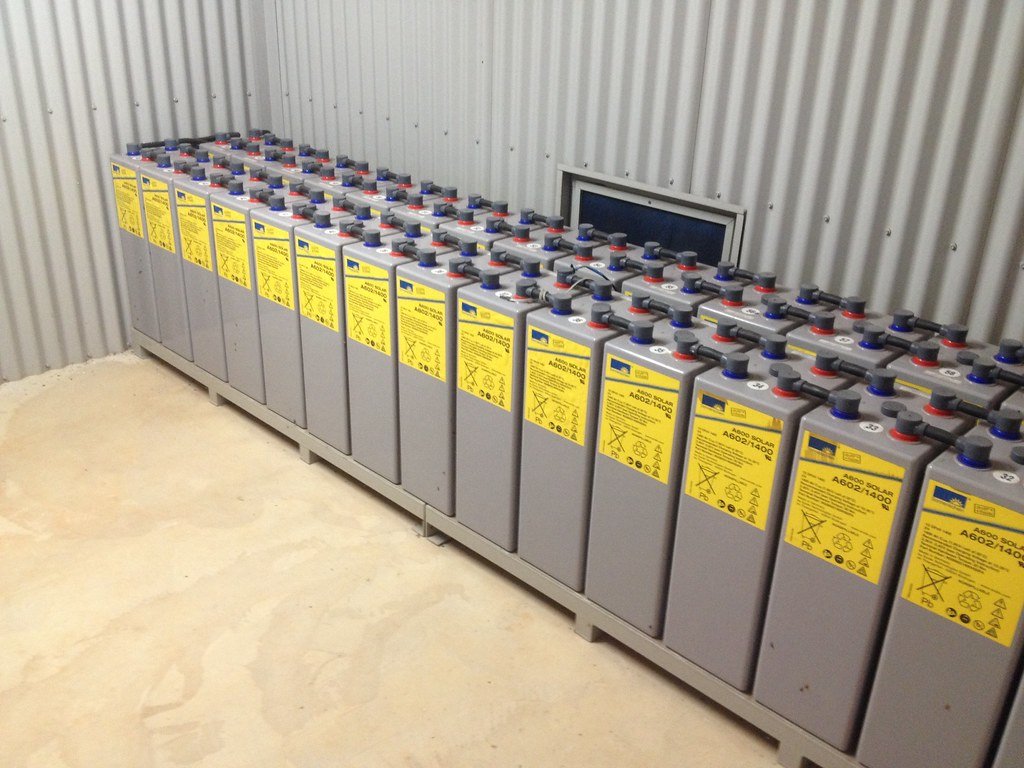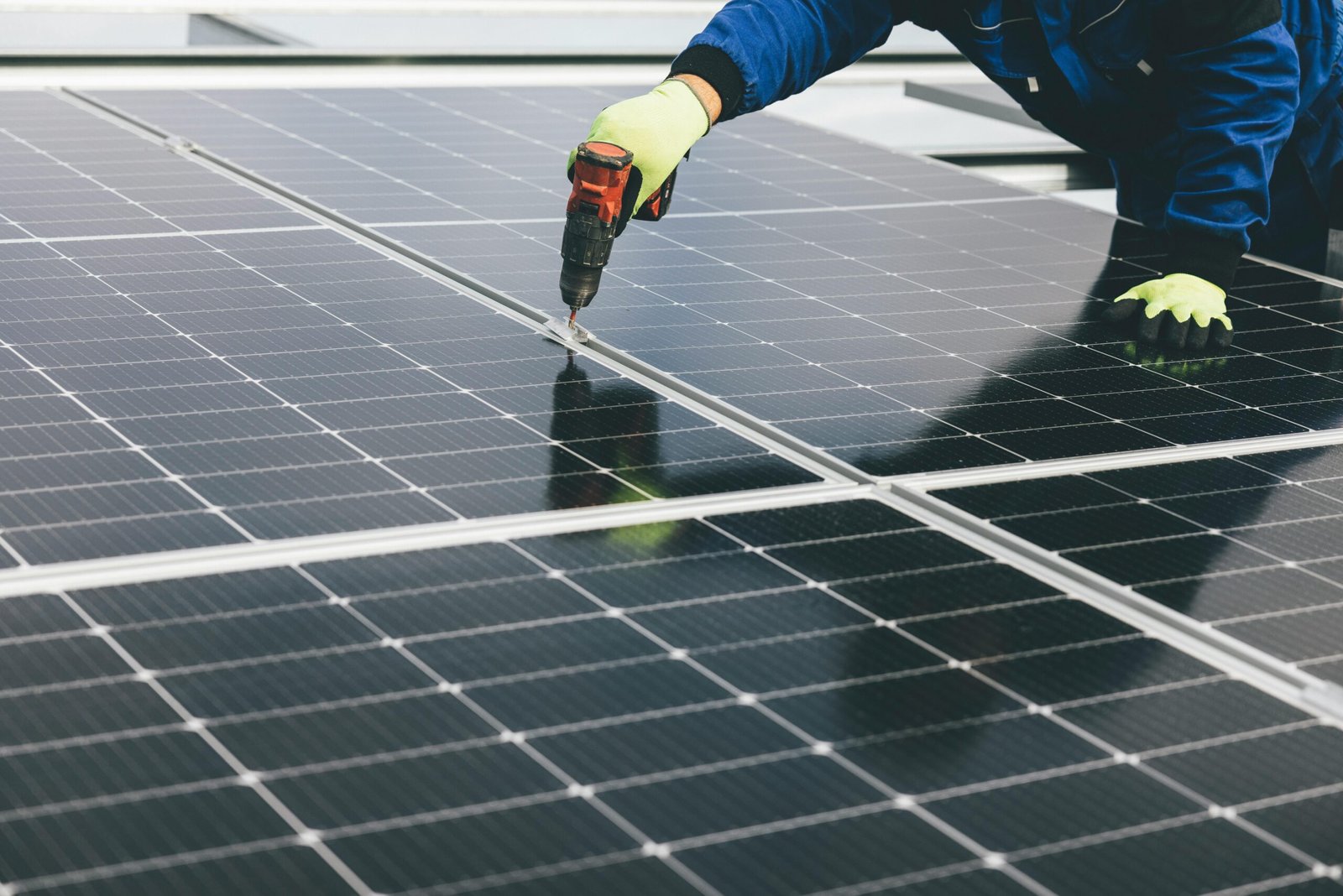Thinking about upgrading your heating system? A heat pump could be the perfect choice. Unlike traditional boilers or furnaces, heat pumps offer energy-efficient heating and cooling in one system. They reduce energy bills, cut carbon emissions, and provide reliable comfort year-round.
Many homeowners are making the switch to heat pumps for their cost savings and eco-friendly benefits. With government incentives available, now is the best time to consider one for your home.
Let’s explore how heat pumps work and why they’re a smart investment.
How Heat Pumps Work for Home Heating
A heat pump transfers heat from outdoors to indoors or indoors to outdoors. It does not generate heat through combustion like traditional gas boilers.
Working Mechanism
In colder months, heat pumps work by extracting warmth from the outside air or ground and transferring it into your home. During summer, the process reverses, providing cooling. This dual function makes heat pumps incredibly efficient. They use electricity but consume far less energy than conventional heating systems.
Key Components
The key components of a heat pump include an outdoor unit, an indoor unit, and refrigerant lines that transfer heat. Because they don’t burn fuel, they offer a cleaner, safer alternative to gas or oil systems.
Types
There are three types of heat pumps: air-source heat pumps, water-source heat pumps, and ground-source heat pumps. Where each type of heat pump takes its heat from is evident from its name.
Air Source
Air source heat systems extract heat from the air and are great for areas with moderate climates like Northern Ireland, Reading, Bournemouth, and Portsmouth.
Air source heat pumps disadvantages is their lower efficiency in colder temperatures. This is where ground-source systems come in.
Ground Source
If you’re located in an area with harsher winter months like Winchester, ground source pumps might be the best choice. This is because these types of pumps extract heat from the ground, which retains more heat during the harsh winter months than air. Ground-source pumps, however, require outdoor space for digging.
Energy Efficiency and Cost Savings
One of the biggest advantages of heat pumps is their efficiency. Heat pumps are one of the best energy saving upgrades for your home as they can produce three to four times more energy than they consume. This means lower running costs compared to gas or electric heaters.
Over time, the savings on utility costs can offset the initial installation expense. Additionally, heat pumps require less maintenance, reducing long-term costs.
Homeowners who switch to heat pumps often see a noticeable drop in their heating expenses. With rising energy prices, choosing a heat pump is a smart way to cut costs.
Environmental Benefits: Reducing Carbon Footprint
Heat pumps help reduce carbon emissions by using renewable energy sources. Unlike gas or oil heating systems, they don’t burn fossil fuels. Instead, they transfer heat from the air or ground, making them a cleaner alternative. This significantly lowers your home’s carbon footprint.
So, if you want to contribute to a greener future, switching to a heat pump could be a starting point. You could also invest in renewable energy systems like solar panels. This will further help you reduce your carbon footprint.
Year-Round Comfort: Heating and Cooling in One System
A heat pump provides both heating and cooling, eliminating the need for separate systems. In winter, it keeps your home warm, and in summer, it cools it down. This makes it a convenient and cost-effective solution.
Unlike traditional heaters, heat pumps maintain a consistent indoor temperature. Advanced models also come with smart controls for better customization.
No more worrying about installing air conditioners or additional heating units. A heat pump ensures comfort throughout the year with minimal effort.
Low Maintenance and Long Lifespan
Heat pumps require less maintenance than traditional heating systems. Regular servicing ensures efficiency, but they don’t need constant repairs. The average lifespan of a heat pump is around 15-20 years, making it a long-term investment.
Proper care can extend this even further. Compared to boilers and furnaces that require frequent servicing, heat pumps save both time and money.
Additionally, the fewer moving parts and no combustion process make them less prone to breakdowns. Therefore, they are a reliable and hassle-free heating and cooling option for your home.
Incentives and Government Rebates for Heat Pumps
Government schemes like the Boiler Upgrade Scheme (BUS) in the UK offer financial support for heat pump installations. Homeowners can receive grants to cover a portion of the upfront costs.
These incentives make switching to a heat pump more affordable. Many energy providers also offer discounts for energy-efficient home upgrades. By taking advantage of these programs, you can significantly reduce installation expenses.
As governments push for greener heating solutions, more financial assistance options will become available. Now is the best time to make the switch.
Conclusion: Why a Heat Pump is a Smart Investment
Switching to a heat pump is a cost-effective and sustainable choice. It reduces energy bills, lowers carbon emissions, and provides year-round comfort. With low maintenance requirements and long lifespans, heat pumps offer excellent long-term value.
Government incentives make them more affordable than ever. If you want a future-proof heating solution that benefits both your home and the environment, a heat pump is the way to go.
Samso Heat Pumps are leading heat pump installers in the UK. We can handle complex, large-scale, and small-scale installations with our expert team. Follow our latest blogs for energy saving tips and information about heat pumps.
Ready to make the switch? Contact us today for expert advice and installation services.


